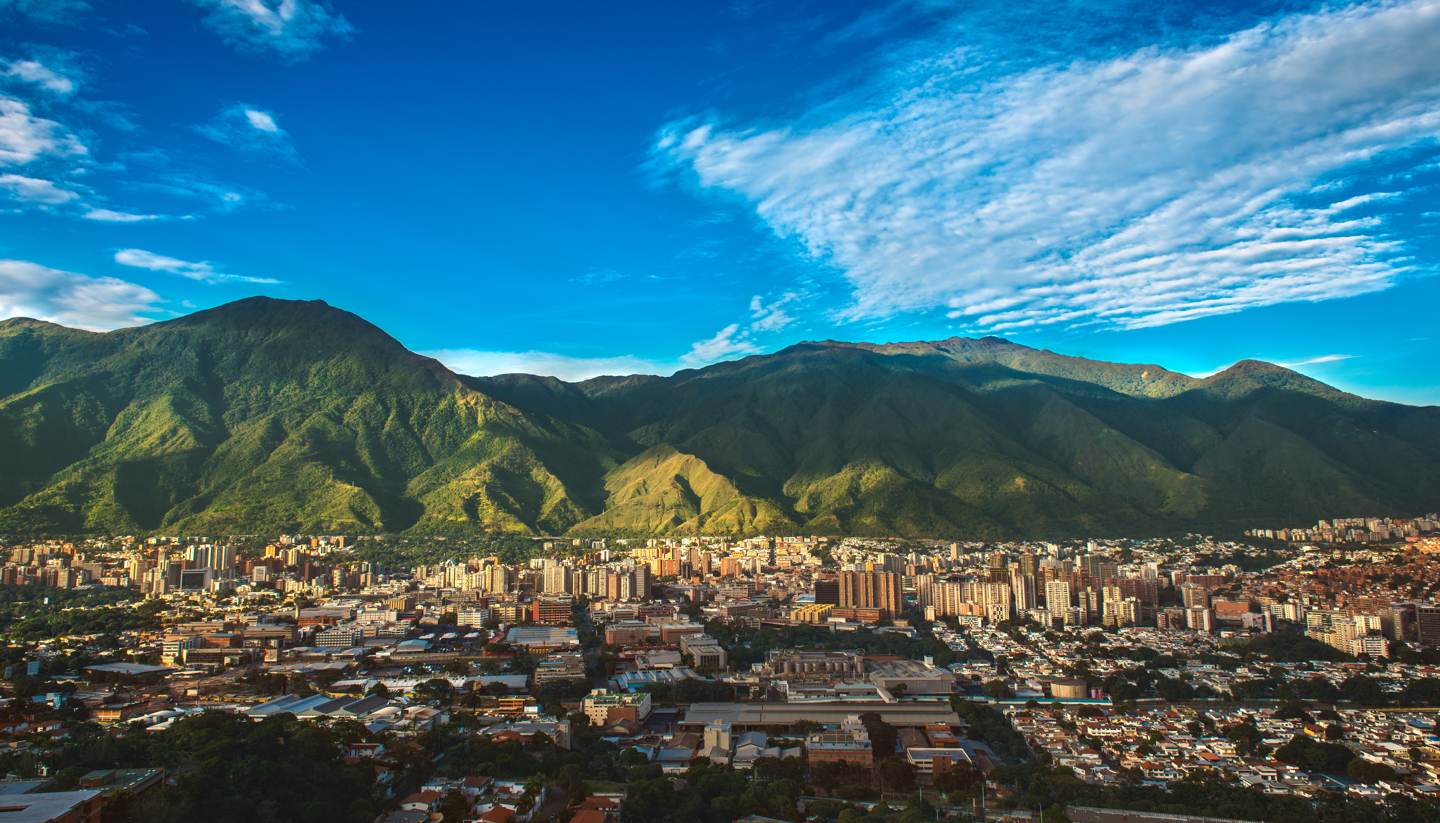Venezuela Health Care and Vaccinations
| Title | Special precautions |
|---|---|
| Tetanus | Yes |
| Typhoid | Yes |
| Rabies | Sometimes |
| Yellow Fever | Yes* |
| Malaria | Sometimes |
| Hepatitis A | Yes |
| Diphtheria | Yes |
*Yellow fever vaccination certificate required for travellers over 1 year of age arriving from a country with risk of yellow fever transmission, including Brazil.
Health Care
Treatment at public hospitals is free, though Venezuela's public healthcare system, like much of the country, is in a state of crisis. Private facilities are of a much higher standard and comparable to the facilities you might find in Europe or the USA. The best-equipped hospitals are located in Caracas and the state capitals, although many are overrun with more patients than they can cope with. Taking out travel insurance is advisable. 24-hour pharmacies are recognizable by a red-lit sign labelled 'turno'.
Food and Drink
Mains water, where it's accessible, is not drinkable and should be sterilised, either through boiling or filtering. Alternatively, drink bottled water; it is the subject of price controls and rationing, which means it can be difficult to find. Milk is pasteurised and dairy products are safe for consumption. Local meat, poultry, seafood, fruit and vegetables are generally considered safe to eat. When it comes to eating out use common sense, stick to food that's been freshly cooked, and be wary of fruit or vegetable salads where the ingredients may have been washed in mains water. The same goes for ice used in cold drinks.
Other Risks
Vaccination against hepatitis B is advised for visitors on long-term stays who have regular contact with the local population. The risk of malaria in Venezuela is in the main limited to those visiting the Amazon basin area.
Venezuela is considered to have a high risk of Zika virus transmission. The mosquito-borne illness can be spread from a pregnant woman to her unborn baby as well as through sexual contact. The World Health Organisation recommends travellers to Venezuela protect themselves from mosquito bites and suggests wearing clothes (preferably light-coloured) that cover as much of the body as possible, sleeping under mosquito nets and using repellents that contain DEET. Pregnant women are advised to postpone non-essential travel until after pregnancy and pregnant women whose sexual partners live in or travel to areas with Zika virus transmission should follow safe sexual practices or abstain from sex for the duration of their pregnancy. Women who are pregnant, at risk of getting pregnant, or planning pregnancy should seek further advice from their doctor before travelling to Venezuela.


